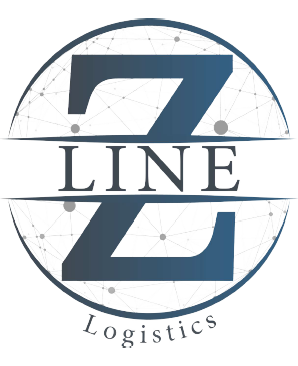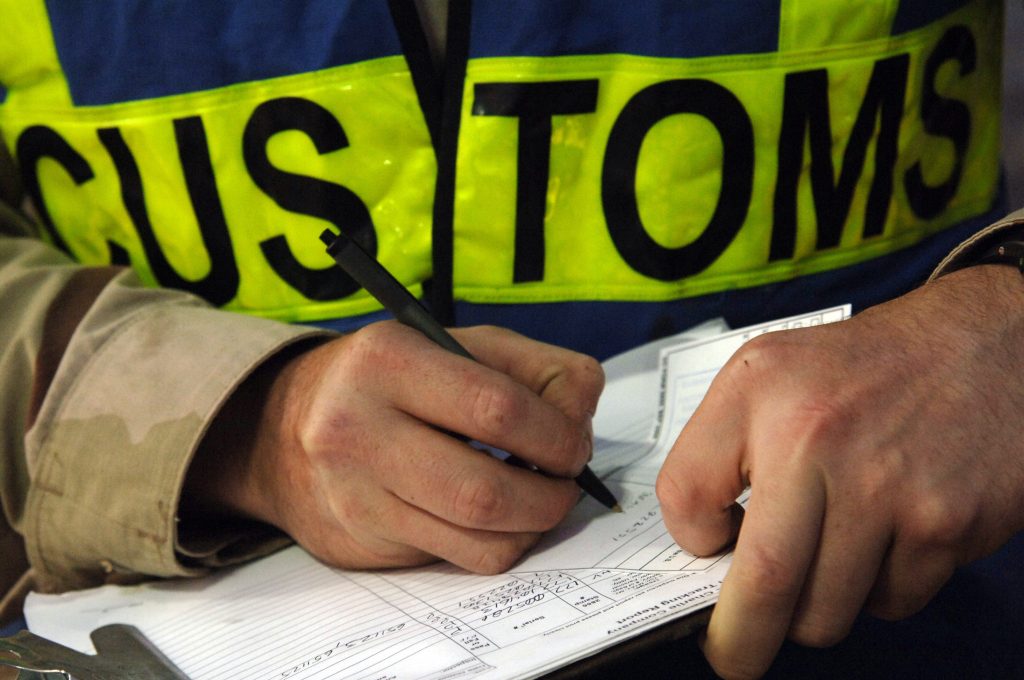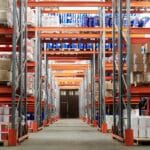Navigating the customs clearance dubai is a crucial aspect of international trade when it comes to importing or exporting goods through the UAE.
As Dubai is a bustling hub of global commerce, many trades have to go through this city due to its important location.
Understanding Dubai customs clearance is essential to ensure smooth and efficient international transactions.
In this blog post, we will delve into custom clearance services in Dubai and their functions. We will also discuss tax on imported goods to help you understand all about customs clearance in the UAE.
Table of Contents
What are customs clearance dubai?
Customs clearance means getting permission from the customs authorities to import or export goods.
It involves the submission of necessary documents and payment of duties and taxes. The customs clearance process ensures that the goods comply with all regulations and laws in each country.
Functions of customs clearance dubai include:
- Verifying and processing all the necessary documents.
- Determining the applicable taxes and fees for the imported or exported goods.
- Conducting physical inspections or examinations of the goods.
- Ensure compliance with regulations.
- Prevent illegal activities such as smuggling.
- Assessing the risk associated with the imported or exported goods.
- Authorizing the release of the goods once all requirements are met.
- Maintaining records of all transactions and activities related to customs clearance.
Read more on Air Cargo to understand all about transporting your next shipment safely.

How long does it take for a package to clear customs in Dubai?
The time it takes for a package to clear customs in Dubai can vary depending on several factors, including:
- The type of goods
- The completeness of the documentation
- The volume of shipments being processed
- Specific customs inspections that may be required
Customs clearance dubai generally takes a few hours to several days.
Some unexpected delays can occur due to various reasons such as holidays or specific regulations for certain goods.
Learn all about last mile delivery and start delivering goods in the UAE with less cost and more efficiency.
How do I know if my parcel is in customs?
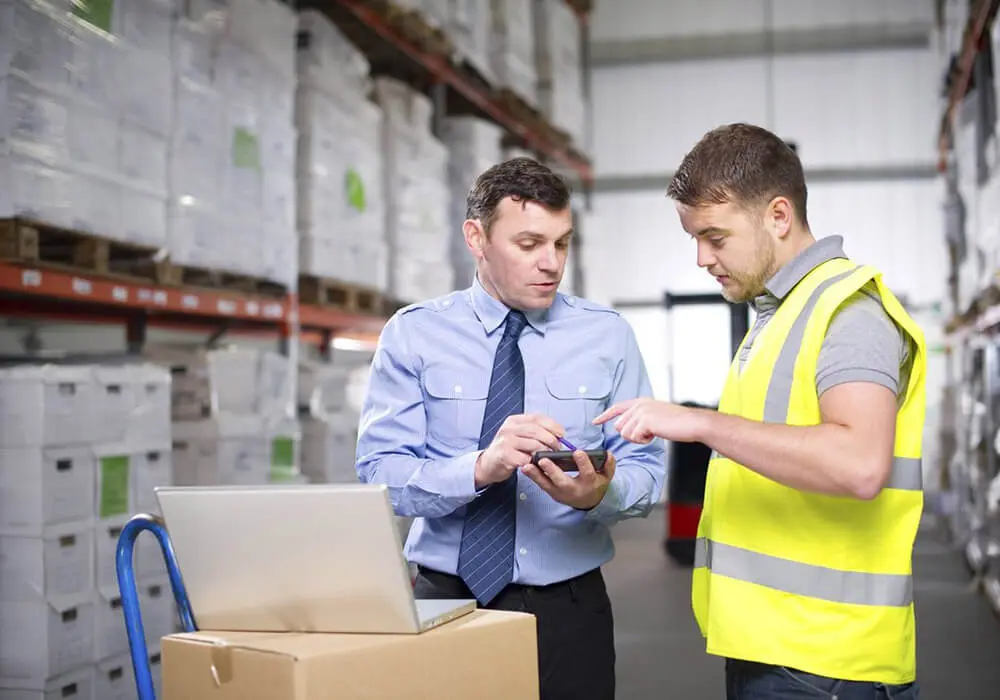
To determine if your parcel is in customs, you can follow these steps:
1. Tracking Number
- Use the tracking number provided by the shipping carrier to track the status of your parcel.
- You can usually find this number on the shipping receipt.
- Check the confirmation email from the sender to ensure you have a tracking number.
2. Carrier’s Website
- Visit the website of the shipping carrier.
- Enter the tracking number in the designated tracking tool.
- The website will give you real-time information about the location of your parcel.
3. Contact the Carrier
- Contact the shipping carrier’s customer service to learn more about your parcel.
- They can give you specific information about the customs clearance process.
4. Customs Authorities
Directly contact the customs authorities in the destination country to inquire about the status of your parcel and any necessary actions you need to take for clearance.
Get your tailored logistics solutions and optimize your supply chain while saving costs.
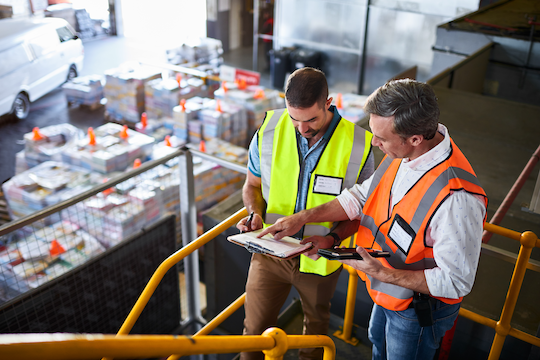
What is the tax on imported goods in the UAE?
The tax on imported goods in the UAE is primarily the Value Added Tax (VAT) which is 5%.
This tax is applied to most goods and services imported into the country. But it’s important to note that tax regulations can change.
When is VAT Applicable?
This is applicable only if you’re not VAT-registered in the UAE:
- If you’re importing taxable goods to the UAE mainland, you should pay VAT on importation.
- If you’re transferring taxable goods to a VAT-designated zone from a VAT-designated zone in UAE, you have to provide an eGuarantee.
- If you’re importing to the UAE and then exporting taxable goods to another country with no customs suspension, you will pay VAT on the import.
- If you import taxable goods to the UAE with duty suspension, you will provide an eGuarantee.
When is VAT not Applicable?
If you’re not VAT-registered in UAE, you might avoid the VAT when:
- Importing taxable goods to a VAT-designated zone in the UAE.
- Your taxable items are not valued at more than AED 3,000.
- Internal security and UAE military forces importing taxable supplies into the mainland.
- UAE nationals living overseas importing their used household items for the first time.
To Conclude
Customs clearance dubai have a great role in international trade by ensuring compliance with UAE regulations.
We provided you with a full guide on customs clearance in Dubai to help you both import and export your goods without any problems.
With a clear understanding of the requirements and procedures involved, businesses and individuals can navigate the complexities of customs clearance dubai with confidence.
For more information you can visit the Z Line logistics company to get advice from experts in the field.
FAQs
- How to do customs clearance in Dubai?
You must first register your business on the Dubai Trade portal to obtain a unique code and then submit your commercial documents electronically. This streamlined digital approach ensures that customs clearance dubai remains a fast and paperless experience for modern traders.
- How long does it take to clear customs in Dubai?
Standard shipments are typically processed within one to three working days, provided that all your paperwork is accurate and complete. For urgent cargo, you can often secure customs clearance dubai in as little as twenty-four hours by using express services.
- What is the procedure of customs clearance?
The process involves filing a formal declaration, paying the required duties or VAT, and undergoing a physical or X-ray inspection if flagged. Successfully navigating customs clearance dubai requires matching your packing list and invoices perfectly to avoid any regulatory red flags.
- How long does a package stay in customs clearance?
Most parcels pass through the system in under forty-eight hours, though restricted items or missing info can cause a week-long hold. Monitoring your status online helps you manage customs clearance dubai effectively and react quickly if the authorities request additional details.
